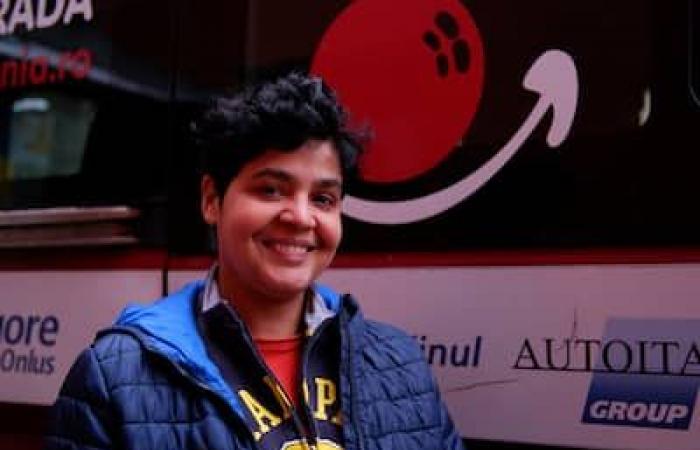
A Quebecer from Châteauguay discovered she had been a victim of child trafficking in 1991 when she was adopted from Romania. The Journal et JE have it followed during his investigation to find his identity back to his native country.
A Roma woman abandoned after birth and forced to live on the streets has spent her life imagining what her future would have been like if she had been lucky enough to be adopted as planned by a Canadian couple nearly 40 years ago years.
“When I was four years old, I was supposed to be adopted by Canadians, but Romanian social services found my biological parents who refused adoption for fear that I would be sold, but they never wanted to take me back,” says Alina Constantin, that The Journal met in Bucharest.
This woman, now 40 years old, was abandoned at just three weeks old in an orphanage by her biological parents, whom she did not see again until she was 15.
In these orphanages of horror, Alina Constantin describes being sexually abused and being the victim of violence at the hands of government employees.
“It was horrible living there. I still have so many wounds because of what I experienced there, I don’t want to think about it anymore, because otherwise, I would end my life,” she says.
Abandoned children share a bed at Stefan Nicolau Hospital in Bucharest, Romania, January 1990.
Photo Alamy
On the street
Normally, Alina Constantin should have left the Casa dei Copii (Romanian orphanage) at 18, like the majority of other children.
“But I was too unhealthy and fragile, so they kept me,” she continues.
Alina Constantin could have been adopted by Canadians, but her parents, from the Roma community, refused to allow her to be adopted, although they abandoned her when she was three weeks old.
Photo Clara Loiseau
At the age of 20, when she left the orphanage, she found herself on the street, often the only escape for Roma children passing through these government establishments.
“I couldn’t have lived anywhere other than on the street, no one wanted to give us a chance,” she adds.
Like thousands of Roma children who passed through the Casa dei Copii, Alina Constantin found herself sniffing glue to escape reality, begging in the streets of Bucharest and imagining what her future would have been if her biological parents had accepted that it be adopted.
A stolen future
Even though more than 36 years have passed since the day she was to be adopted by Canadians, Alina Constantin never stopped imagining what her life would have been like.
“It makes me so sad to think about it. If I had been lucky enough to have people I could call mom or dad, maybe I wouldn’t have had this horrible life on the streets. I think about it every day when I open my eyes,” confides Mme Constantin, who imagines that she could have studied and even had a house.
When The Journal met her, Alina Constantin worked for a hotel that accommodated her.
“If I lose my job, I will be forced to live on the street, because even today, no one wants Roma,” she says, explaining that she dreams of being able to buy an apartment one day when she can close the door without fear of being thrown out.





